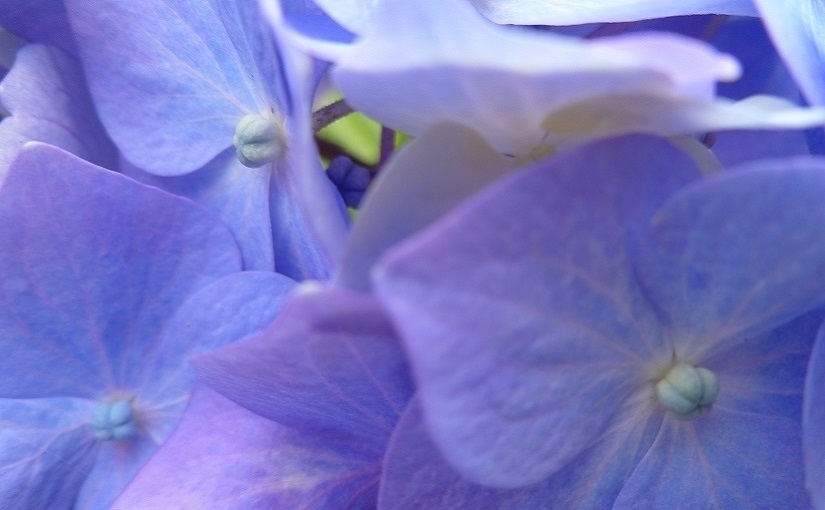In looking to conceptualise self, identity and human relationship, I tend to fall back on the idea of mirrors: that we reflect what we see in others; seeing what we have come to know through experience, education or culture.
I suppose we ourselves are formed by such social interactions; by internalising ideas as to what is best, how to be in the world, and what it all means. Surely family, culture, life experiences, friendships and interests inform our sense of personal meaning and value, either in the positive or the negative. Then it seems we view the world accordingly, seeing what’s familiar or what we’re able to understand.
As explored in Writings on Education, society in its various guises can be seen to offer us a set of reference points which we adopt in understanding the world around us physically, socially, emotionally, historically and so on. So we think with the ideas imparted to us, finding our place in the world – an essential frame we might hold strongly, react against, or seek to expand.
In a way, it seems we think with the self, shaped by what we’ve become and met in the world. Leading on from that, I imagine this relates to self-worth: that our sense of value or status rests in the moral or social estimations we measured ourselves against. It often seems we judge or perceive others by our internalised standards and the meaning we assign to their actions (see, for example, Relating to cultural benchmarks or How many aren’t well represented?).
This has veered off into slightly more philosophical territory than intended, but my essential point is that it seems we go through life with this sense of self that forms a foundation for our understanding, relating others to what we know in ourselves, and reflecting back to them our level of understanding and sense of valuation.
Put another way, our perspective seems to reside within this inner landscape of meaning; a space peopled by what we’ve encountered and made our own. What we know well expands that view, but less familiar things we may find harder to understand or appreciate.
In the past, with its more limited palette of the known and the unknown, I imagine this all served to maintain the framework of society: you knew “your place” and the meaning of things, so could relate fairly confidently to those around you (as in Community – what it was, what we lost). Now that our societies are so wonderfully diverse, the sense of meaning is surely much more diffuse and our shared experiences necessarily fewer. So the same process may be becoming a source of division or conflict; a significant obstacle to communication.
This is an idea I’ll come back to at some stage, as it connects with many other areas; my intent here was merely to explore this notion of a reciprocal relationship between the individual and society, wondering where it may lead in terms of how we live and relate to one another.

